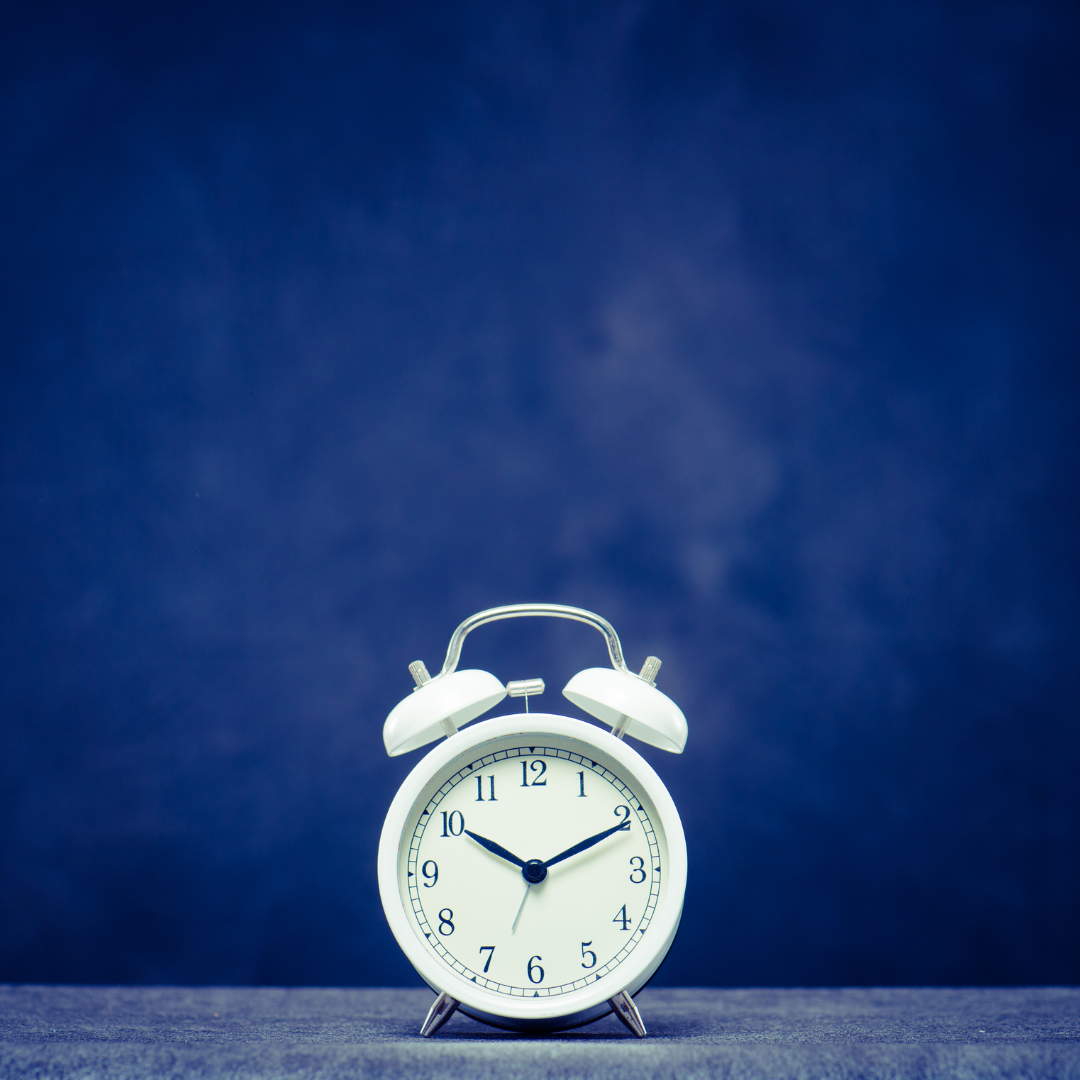How to avoid Spring jet lag
Next Sunday, the clocks will change and we lose an hour. This can mess with the body’s internal clock, or circadian rhythm.
Any time change disrupts your body's circadian rhythms. It can take up to a week to adjust to the new time, even when it’s only an hour time difference. That’s because every cell in your body has it’s own internal clock. It’s not simply one system that needs readjusting, it’s trillions!
But there’s hope. With a little planning, you can help your body adjust to the upcoming time change without feeling totally depleted and sleep-deprived.
Here are three things you can do starting now that will help you and your body ease into the new time:
1. Go to bed 10 minutes earlier each night the week before. It’s okay if you're not ready to fall asleep yet. Get your body in bed and under the covers. This signals to the body that it's time for sleep. While you’re waiting for your eyes to close, consider meditating or read a book that’s not too scary or exciting.
2. Start your morning with energetic movement. Even 15 minutes of exercise or yoga will get your blood flowing and will make your brain more alert to for the day. And if you don't have time, try doing 20 jumping jacks.
3. Keep your regular eating schedule. Food helps your body know what time it is. Once the clocks change, eat at your regular mealtimes. If you're not hungry when it's time to eat, eat a smaller meal. You can also help stoke your digestive fire with a cup of black pepper tea. Drink it about 15 minutes before mealtime and notice if you feel more ready to eat.
Black Pepper tea: Put 5-6 black peppercorns into a mug and pour boiling water over. Let cool a few minutes to drinkable temperature, and add 1/2 teaspoon honey, if desired.
Transitions can be tough, but with some intention and planning you can help yourself through it with greater ease.
Remember, nothing is forever. Enjoy the (new) season.

